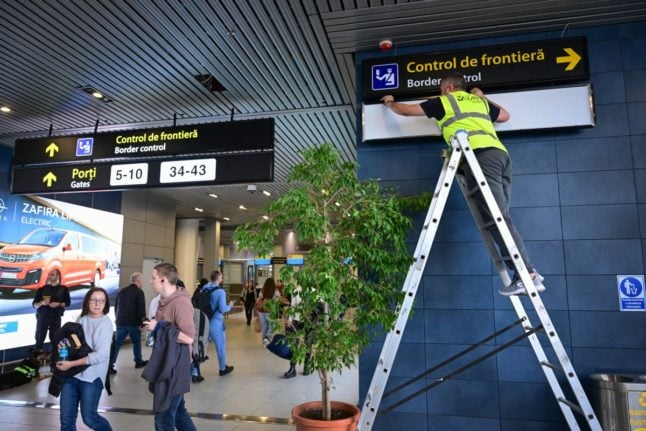The Embassy’s digital doors will be thrown open between 5pm and 8pm on Thursday, June 24th, for what has been described as a fun, interactive event that will show off the best of British, celebrate the country’s long-standing links with France, and offer a peek behind the scenes of the Embassy.
You are invited to register for the event HERE.
As well as a chance to offer a toast to the Queen, who turns 95 this year, the event will offer one final chance for any Briton who was resident in France on December 31st, 2020, who has not yet applied for their post-Brexit residency permit, to seek support and guidance.
The deadline for online applications to be submitted is June 30th, 2021. Find out everything you need to know about applying HERE.
Possession of a permit will be compulsory from October 1st 2021 for any British national over the age of 18, but the application must be submitted by 11.59pm on Wednesday, June 30th.
Importantly, EU residence permits issued to UK nationals and their family members before the Withdrawal Agreement came into effect will no longer be valid from October 1st, 2021.
A host of Withdrawal Agreement-related information will also be available. The Embassy said that it hoped to have the answers to most questions relating to the WA for Britons in France.



 Please whitelist us to continue reading.
Please whitelist us to continue reading.
Best of British? What would that be then?
No thanks, there is nothing I am proud about with my birth country any more. I wish the queen a happy birthday though.
Best of British? That’ll be… …Scotland then?
One hopes that one will be able to swap one’s driving licence by the time this “fun, interactive event” goes ahead. Otherwise one can foresee the Embassy being deluged by those requesting answers regarding this important question relating to the WA for Britons in France.
The current disgraceful situation is not “fun” nor “interactive” for Britons in France.